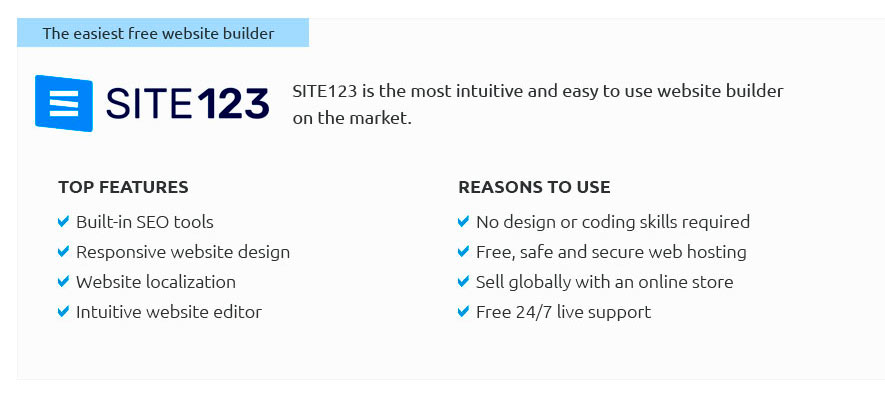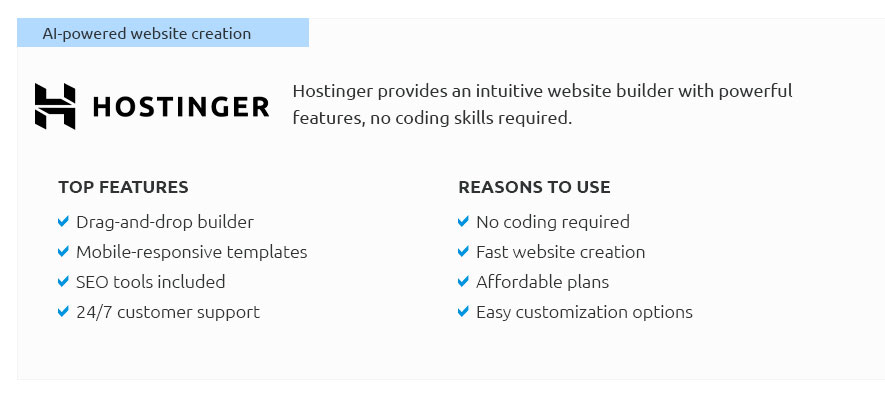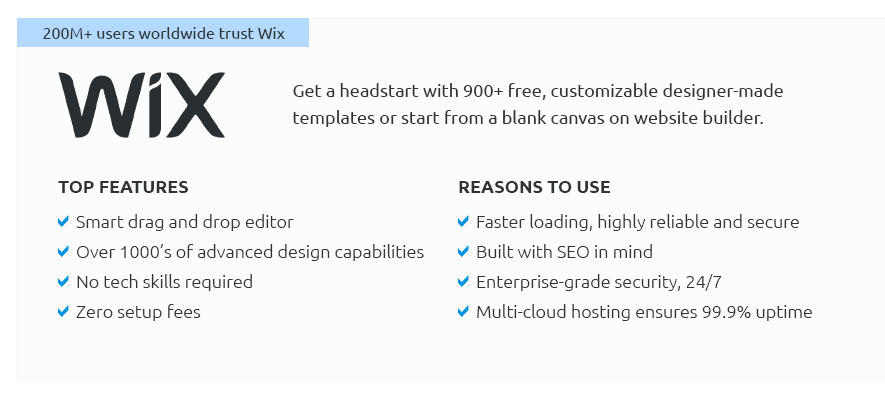 |
 |
 |
 |
|
 |
 |
 |
|
 |
|
 |
 |
|
 |
|
 |
|
 |
 |
Platform for Creating Websites: A Comprehensive GuideUnderstanding Website PlatformsChoosing the right platform for creating websites is essential for success. With various options available, it can be challenging to decide which one suits your needs. Types of Website Platforms
Key Features to ConsiderWhen selecting a platform, consider the following features: Ease of UseA user-friendly interface is crucial, especially for beginners. Platforms like Wix offer drag-and-drop functionality, making it easy to design without technical skills. Customization and FlexibilityLook for platforms that allow extensive customization. WordPress, for example, offers thousands of themes and plugins for personalized web site design. SEO CapabilitiesSearch engine optimization is vital for visibility. Ensure the platform supports SEO best practices like meta tags and responsive design. Popular Platforms for Different NeedsFor Personal BlogsWordPress is an excellent choice due to its flexibility and vast community support. For Small BusinessesSquarespace offers beautiful templates and is easy to manage, perfect for small business websites. For Online StoresConsider Shopify for its robust e-commerce features and seamless payment integrations. For more options, check out the top 10 web building sites for detailed comparisons. FAQ
In conclusion, the right platform depends on your specific requirements and goals. Whether you're looking to start a personal blog, launch an online store, or design a professional website, understanding your options is key. For expert insights and comparisons, visit this web site design resource. https://showit.com/
Take your designs out of the box with Showit's drag & drop website builder. It's perfect for the designer looking for creative freedom and wants to impress ... https://www.reddit.com/r/Entrepreneur/comments/11rvg79/best_createyourown_website_platform/
Self hosted Wordpress with a page builder (like divi or elementor) Wix, weebly,square, webflow all own the hosting and inevitably your site. https://www.quora.com/What-is-the-best-platform-for-creating-a-free-website-without-coding-including-hosting-and-domain-registration
I'd recommend starting with Wix or WordPress. Both platforms offer user friendly, drag and drop website builders that require zero coding knowledge.
|